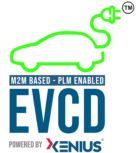How Indian EV Manufacturers Are Promoting Green Mobility
December 26, 2022 2022-12-26 8:55How Indian EV Manufacturers Are Promoting Green Mobility
How Indian EV Manufacturers Are Promoting Green Mobility
India’s transportation sector is currently the third-largest emitter of carbon dioxide. Thus, in order to reduce the rising carbon emissions, the government of India has launched various schemes to encourage faster adoption of electric vehicles (EV).
The electric vehicle (EV) market in India is still in its initial stage. The Indian government is providing much-needed impetus for the transition to green mobility. The Government has launched various schemes like the FAME (Faster Adoption and Manufacturing of Electric and Hybrid Vehicles) I and II, PLI (Production Linked Incentive) Scheme, Battery Swapping Policy and Special Electric Mobility Zones. The Government is also offering various subsidies and tax benefits to encourage consumers to switch from ICE (Internal Combustion Engine) based vehicles to EVs.
By replacing ICE vehicles with EVs, annual CO2 emissions from vehicles can be reduced. The government also intends to increase the use of renewable energy sources in electricity generation, which will reduce emissions even further by 2030.
The Department of Heavy Industry have launched the Production Linked Incentive for Advanced Chemistry Cell Battery Storage in June 2021. Its motive is to entice domestic and international investors to invest in India’s Giga scale ACC manufacturing facilities. The PLI-ACC Scheme is one of thirteen initiatives approved by the Union Government to support the Prime Minister’s goal of “Atmanirbhar Bharat.”
EV manufacturers are now concentrating their efforts primarily on EVs. The automobile industry is seeing the introduction of multiple EV models in each segment. The prices of these EVs range from INR 10 lakhs to more than a crore. Tata Tiago EV, for example, is priced around INR 10 lakhs, whereas Tata Nexon EV Max is priced around INR 20 lakhs. Mercedes EQC, Audi e-tron, and BMW i4 are some of the new luxury EV offerings in India that cost more than a crore.
EV manufacturers in India recognise that the country’s EV charging infrastructure is inadequate, which is one of the primary reasons for the country’s slow EV sales. As a result, all EV manufacturers are now focusing on developing EV charging infrastructure along major highways in collaboration with the Central and State Governments.
The government and EV manufacturers must work together to make progress toward sustainable mobility. The EV segment still requires vehicles priced below INR 10 lakh to encourage Indian customers to switch to EVs. Setting up a world-class EV charging infrastructure will also require significant funding and public-private partnerships.


